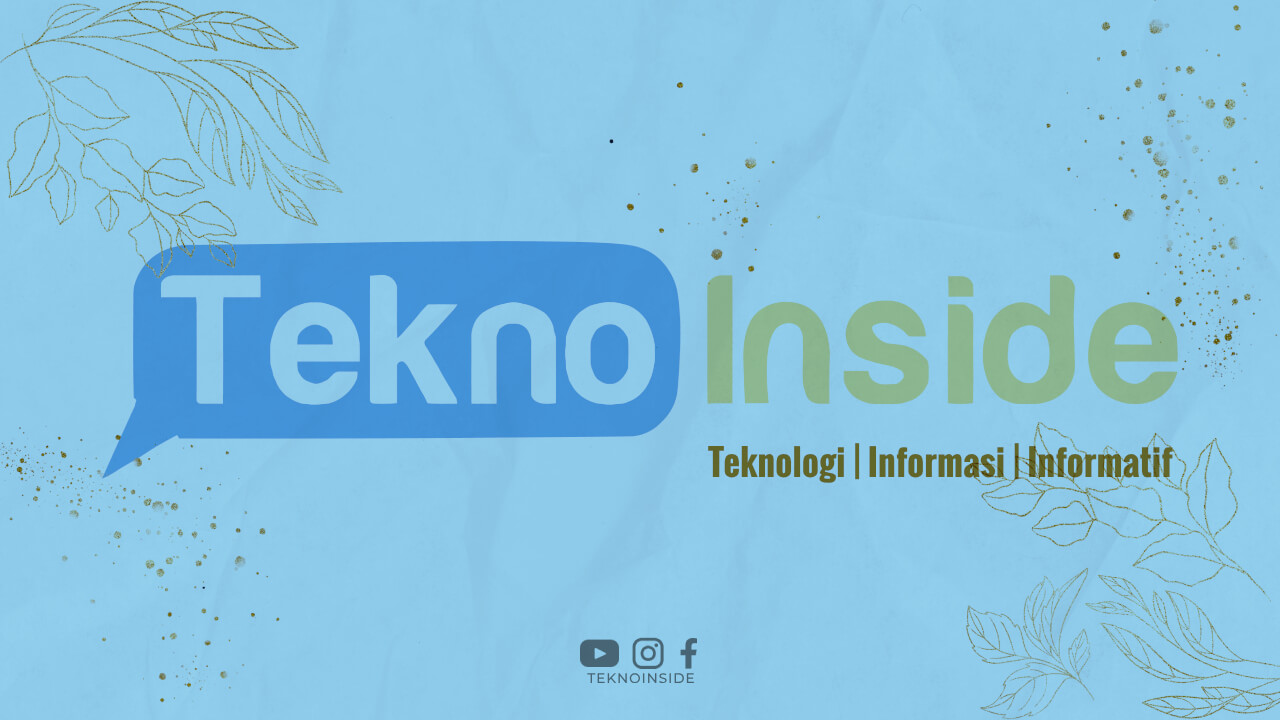Introduction
Digital marketing content is a vital component of any online marketing strategy. It refers to the creation and distribution of various types of content to engage, inform, and attract a target audience. In today’s digital age, businesses rely on digital marketing content to reach potential customers and drive conversions. Let’s delve deeper into what digital marketing content is all about and how it can benefit your business.
Types of Digital Marketing Content
There are numerous types of digital marketing content, each serving a unique purpose. Some common forms include:
1. Blog Posts
Blog posts are written articles published on a company’s website or blog. They are a great way to provide valuable information to your audience, establish yourself as an industry expert, and boost your website’s search engine rankings.
2. Social Media Posts
Social media posts are short, concise messages published on various social media platforms such as Facebook, Twitter, and Instagram. They help businesses connect with their target audience, promote products or services, and drive traffic to their website.
3. Infographics
Infographics are visually appealing representations of information or data. They are an effective way to communicate complex concepts in a simple and engaging manner. Infographics are widely shared on social media and can help increase brand awareness and website traffic.
4. Videos
Videos are highly engaging and can convey information in a more dynamic and visually appealing way. They can be used for product demonstrations, tutorials, or even storytelling to captivate your audience and increase brand visibility.
5. Ebooks
Ebooks are longer-form content pieces that provide in-depth knowledge on a specific topic. They are often used as lead magnets, where users exchange their contact information in return for valuable content. Ebooks can help position your business as a thought leader and generate leads.
6. Case Studies
Case studies showcase how your products or services have helped specific clients overcome challenges and achieve success. They provide real-world examples to potential customers, instilling trust and confidence in your brand.
Importance of Digital Marketing Content
Digital marketing content plays a crucial role in the success of any online marketing strategy. Here are some reasons why it is essential:
1. Enhances Brand Visibility
Creating valuable and engaging content helps increase brand visibility and awareness. When people find your content informative and useful, they are more likely to share it with others, thereby expanding your reach and attracting new customers.
2. Drives Website Traffic
High-quality content attracts visitors to your website, increasing the likelihood of conversions. By optimizing your content for search engines, you can improve your website’s visibility in search engine result pages and drive organic traffic.
3. Builds Trust and Authority
When you consistently provide valuable and reliable content, you build trust and establish yourself as an authority in your industry. This helps in nurturing long-term relationships with your audience and attracting loyal customers.
4. Boosts Search Engine Rankings
Search engines favor websites that regularly produce high-quality content. By incorporating relevant keywords, optimizing meta tags, and creating valuable content, you can improve your website’s search engine rankings and drive organic traffic.
5. Increases Conversions
Well-crafted content that addresses your audience’s pain points and offers solutions can significantly increase your conversion rates. By providing valuable information and building a relationship with your audience, you can guide them through the buying process.
Conclusion
Digital marketing content is an integral part of any successful online marketing strategy. It helps businesses build brand visibility, attract website traffic, establish trust and authority, and ultimately drive conversions. By investing time and effort into creating high-quality content across various platforms, businesses can effectively engage their target audience and achieve their marketing goals.

